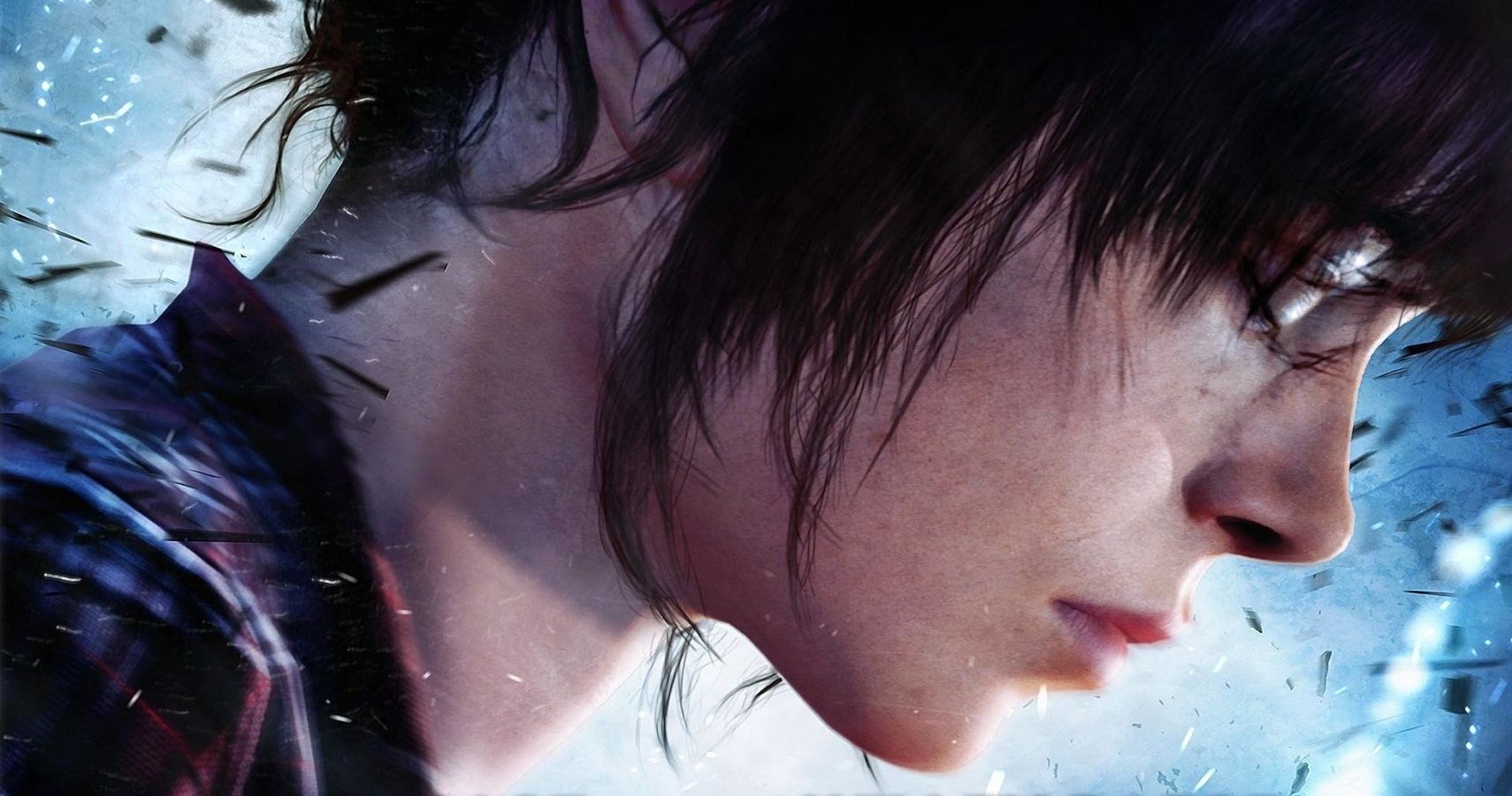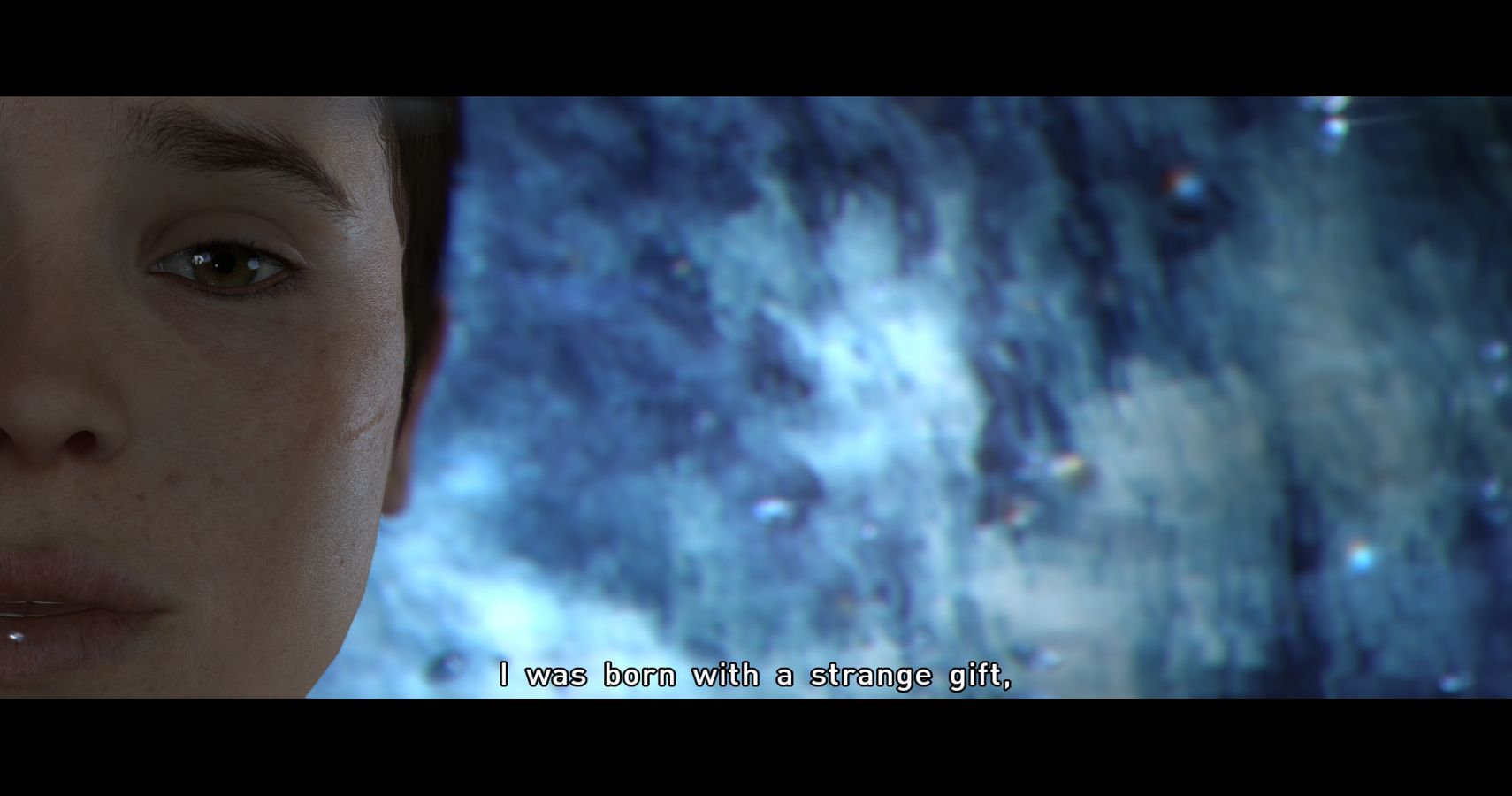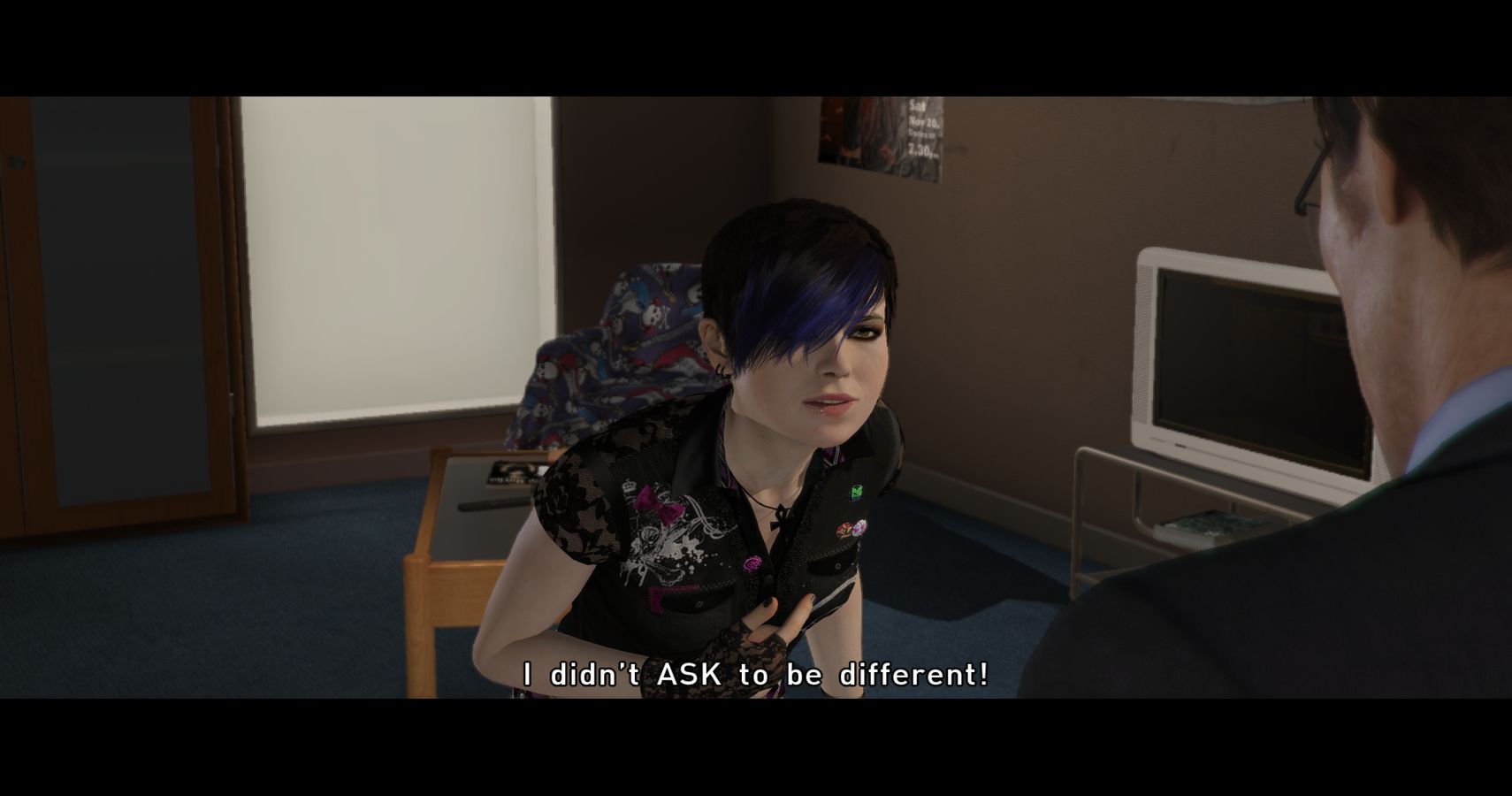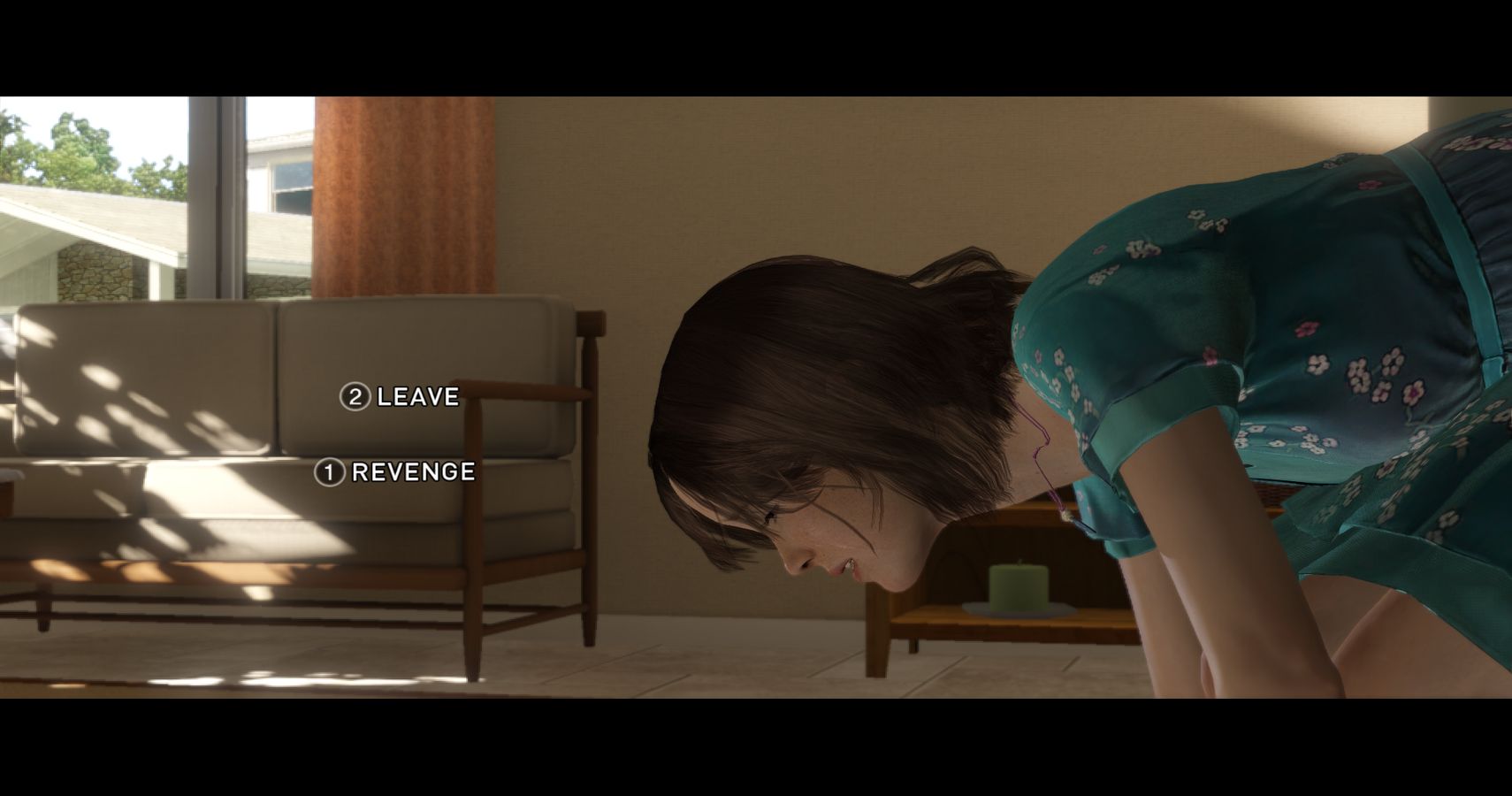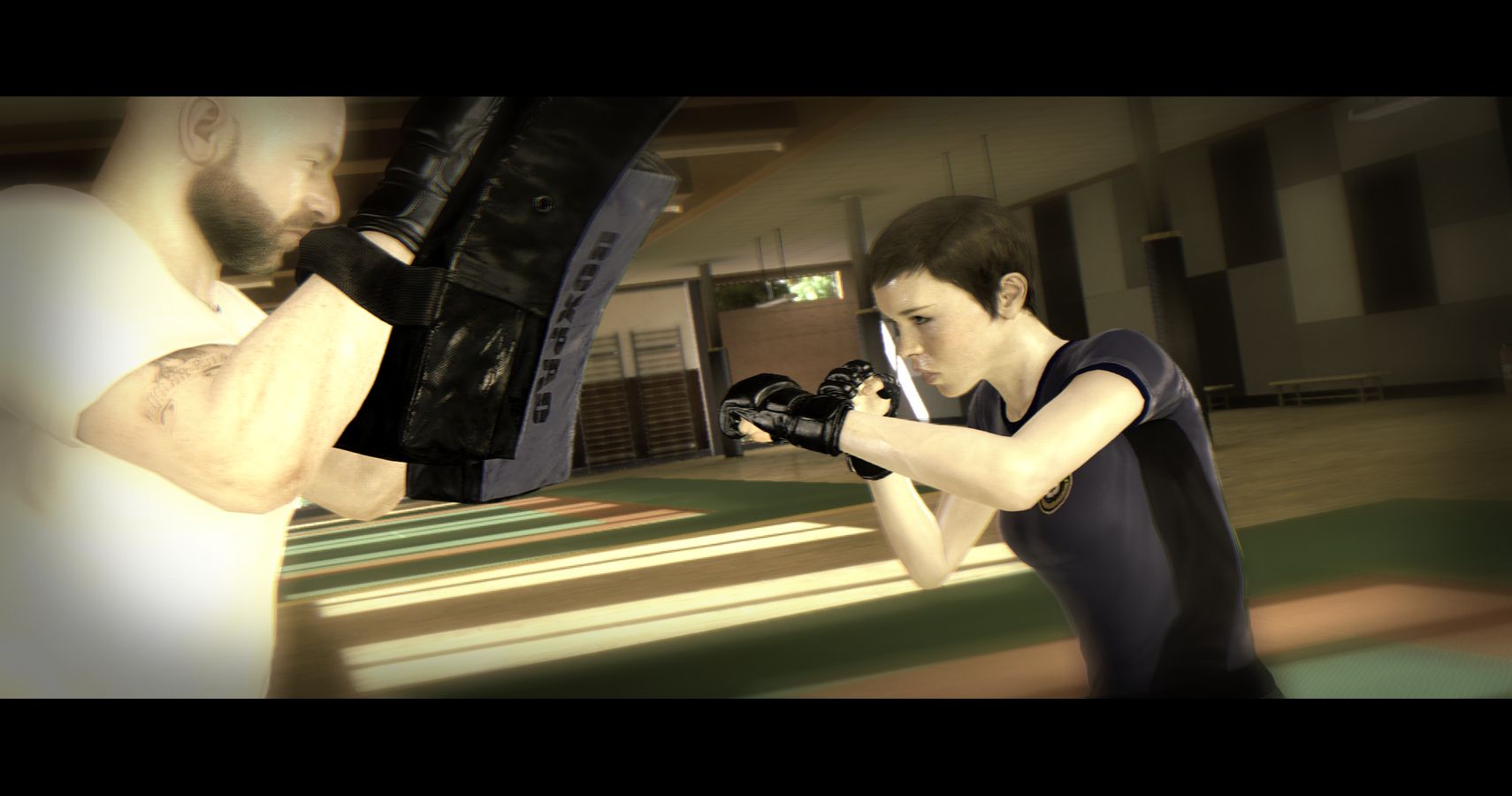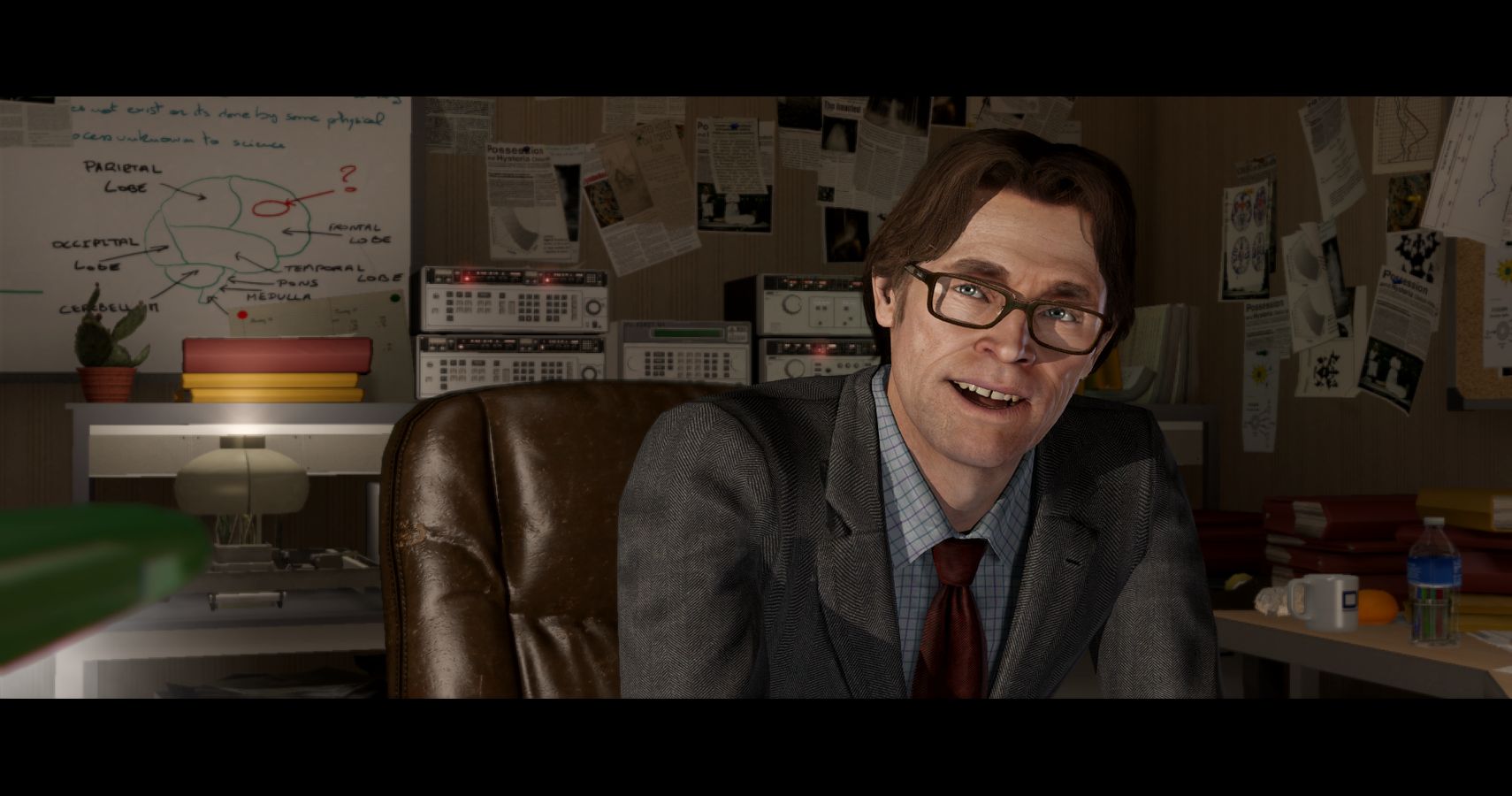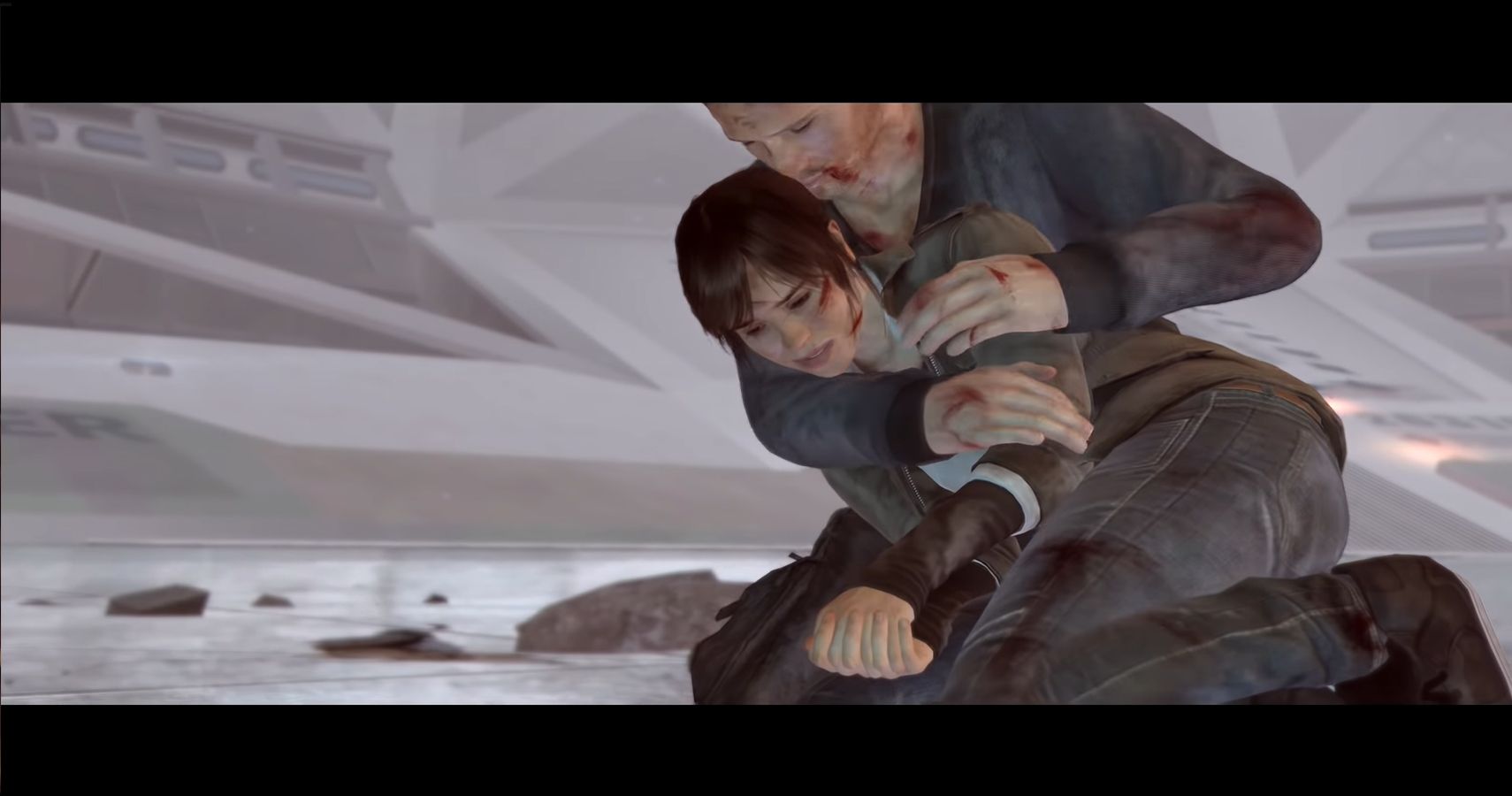The games from Quantic Dreams are always a mixed bag. Under the guidance of lead writer and director, David Cage, they're often an overly melodramatic selection of story tropes and cliches. However, some of these games, such as Detroit: Become Human, do offer some pretty intense moments and give you choices that make you feel as if you're having an effect on the narrative, and that your decisions truly matter.
Beyond: Two Souls isn't one of those games. Your choices are often irrelevant, the story is told in a bizarre non-chronological order, and it seems like Cage had a disturbing fixation on making Ellen Page cry. With a silly plot and some repetitive controls, Beyond: Two Souls brings a lot of its problems from the Playstation 3 over to this PC port.
Who Knew Psychic Ghost Friends Could Be So Much Trouble?
The story of Beyond: Two Souls involves Jodie Holmes, played as an adult by Ellen Page, and as a child by Caroline Wolfson, who looks a lot like a young Ellen Page. At a young age, she manifests strange psychic powers that are related to an ethereal entity named, Aiden, that's attached to her via psychic link.
Over the course of the game, she's studied by several people, including scientist and surrogate father, Nathan Dawkins, played by veteran actor (and ticking time bomb of craziness), Willem Dafoe. We follow her life as her psychic abilities are exploited by the American government, and she finds herself roped into one bad situation after the next.
A Quantic Fever Dream
The story is actually pretty good in some parts, but Cage's writing always tends to resort to cheap storytelling tricks that are completely overused at this point. For example, if we need some drama, how about some creepy drunks at a bar? Or how about a random building fire? Let's throw in an abusive dad too, because that's not done to death.
There's also some pretty gross stuff in here, as David Cage has a tendency to treat his female characters like utter garbage. So, even though Jodie becomes a CIA trained badass who can handle any firearm and beat up entire crowds of people - not to mention the fact that she has the aforementioned psychic ghost which gives her a multitude of special powers - Cage still has to write her into scenes where she's nearly sexually assaulted, crying her eyes out over a boy, or taking a gratuitous shower.
In addition, it's all told completely out of order, with the game skipping to different points in Jodie's life, which makes everything kind of confusing. In some scenes, you're telling someone that you hate their guts, only to be friends (or in some cases much more) in the next. It's like Cage saw Pulp Fiction for the first time and decided to structure everything like that, despite how tired and lame that storytelling style is. You can play the game in a new Remixed mode that does tell the story chronologically, but that doesn't necessarily help as much as it should.
There also are many cases where you can make a major decision that should affect the story, but truthfully, the only choices that matter are right at the end of the game. Sure, a few decisions might result in the death of a side character, but ultimately, right up until just before the end credits, nothing you do changes anything, which makes most of the game rather pointless.
There are some fun moments to be had though. Like a party full of crappy teenagers who lock Jodie in a closet, because apparently, David Cage thinks all teens are complete monsters. As a result of their behavior, this scene gives you arguably the greatest prompt any game has ever given:
If you don't choose revenge here, then I don't know how to help you.
Hope You Like Quick Time Events
Speaking of actual gameplay, Beyond: Two Souls isn't so much a game, as it is an interactive movie with QTE's. You'll get dialogue choices during scenes, and the amount of dialogue that they managed to cram into this game is pretty impressive. Beyond that, you'll also get a ton of action scenes where you'll be required to either rapidly tap a button, hold down a series of buttons, or quickly swipe the joystick in the direction of Jodie.
Some of the joystick related events can be hard to read, as they're dependent on which direction Jodie is moving, and it's not always clear what you should be doing. Some of the action scenes can get repetitive and awkward, especially during the mission where Page's character is sent to take down a warlord in Somalia (the story goes some weird places). That being said, if you're used to playing anything by Quantic Dreams, or even TellTale, you should be able to get the hang of the controls pretty quickly.
The other aspect of the game's controls involves using Aiden to manipulate the world around you. Aiden gives you a rather impressive array of superpowers that can help Jodie get out of a jam. To use him, you go into a sort of ghost-vision, lock onto an object or person, and then proceed to either knock it away, destroy it, or in the case of people, possess them in order to make them do things against their will. Which is kind of creepy.
Digital Dafoe On Your Powerful PC
Beyond: Two Souls looks pretty good for a remaster of a PS3 game, and it has managed to achieve the lofty 60 FPS goal, which is pretty much the bare minimum for any PC player. That being said, there are definitely some moments where the framerate drops, so it's not perfect.
Aside from that though, the game looks pretty identical to the PS4 version, and in many cases, it still contains references to Dualshock controllers and PSN, so it's likely that they just took that version and plopped it onto the Epic Games Store without doing much work. There also were a few stuttering and glitchy moments, but nothing that wasn't already present in the original game.
As an added bonus of this game being on PC, all the motion-controlled events from the PS3 have been removed, which means you don't need to violently shake your controller up and down to make Jodie jump over a log.
A Melodramatic Tale That Could Have Used More Fun
Beyond: Two Souls isn't the worst game that David Cage and Quantic Dream ever made, but it certainly has a ton of issues that prevent it from being particularly great. Ellen Page, Willem Dafoe, and the rest of the cast do an incredible job with the material given to them, and they manage to turn a pretty standard science fiction story into something worthwhile.
However, there are so many moments where characters make stupid decisions that only exist to move the plot forward, and a lot of these decisions occur right at the end of the game. There are also many scenes of characters crying their eyes out, and after a while, you just wish someone would throw a pie or something.
Combined with the constant QTE's, the rampant cliches, the pointlessness of player choices, and the pretty gross and misogynistic moments, there's not a lot to recommend here. The story isn't so amazing that you need to experience it, and it feels a prototype for a much better game. If you're looking for a story-based experience, Beyond: Two Souls is an alright diversion, but you can probably skip the ghost drama, and wait for the PC port of the much better Detroit: Become Human.
2.5 Out Of 5 Stars
A copy of Beyond: Two Souls was purchased by TheGamer for this review. Beyond Two Souls is currently available on PC and PlayStation 4.
Beyond: Two Souls
Beyond: Two Souls stars Elliot Page as Jodie, who must work together with the incorporeal Aiden and surrogate father Nathan (Willem Dafoe) on a journey of self-discovery.

